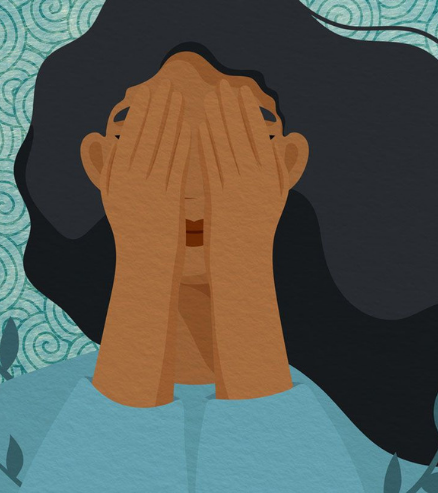Situational depression is real – thanks CoVid
Brain fog, apathy, struggling to make decisions with clarity or just struggling to get up each day?
You may be suffering from reactive depression, or ‘situational depression’.
It occurs when a person struggles to cope with a traumatic event. This can be anything that changes, or threatens to change, someone’s routine, expectations, or goals – and CoVid has provided the perfect environment for Situational Depression to thrive.
Not being able to see loved ones, suffering financial losses, lack of timelines, watching those around you struggle, closing a long-term business – all these events can trigger reactive, or situational, depression.
For some of us, simply the guilt at being able to still travel, visit friends, go about our daily routines when friends and family elsewhere are in lockdown can consume our everyday normal patterns of thought.
Situational depression can feel like apathy, an overwhelming belief that “nothing in life matters”, no care about your normal routine, struggling to complete normal routines and normal tasks, and losing interest in activities you used to enjoy.
Consider those around you – there’s no formula to predict who will suffer from reactive depression as we all identify and handle stress differently.
You are at higher risk of situational depression if you have gone through considerable childhood stress or have existing emotional wellbeing problems.
Symptoms can include:
– Hopelessness, sadness
– Poor concentration
– Lack of motivation
– Anxiety and worry
– Agitation
– Headaches and digestive issues
– Lack of enjoyment in normal activities
– Sleeping & eating difficulties
– Feeling overwhelmed
– Avoiding social situations and interaction
Reactive depression typically lasts a few months, however sustained reactive depression likes to linger for longer. It’s important to identify your change in behaviour and beliefs and get the support and help you need.
Being optimistic, coupled with realism and finding a new purpose in every day helps fend off reactive depression. Making some of the following lifestyle changes can help you cope:
– Exercise – walk, run, play a game
– Establishing healthy sleeping habits
– More rest and relaxation, step outside and get grounded
– Eating healthily
– Journaling or writing about how you’re feeling
– Spending time with trusted family & friends – your support network
– Strengthening your social support system
The good news is you can build up resilience to reactive depression due to previous life experiences you may have worked through. These experiences will have affected the way you deal with stress.
Lean on your mental models – those memories your brain has of positively overcoming challenges. These mental models can provide a base level confidence in being able to move forward.
Reach out to someone whose behaviour may have recently changed. Check in and see how they are going, take time to listen, ask questions and listen for what is not being said.
Situational depression is very treatable and is assisted by learning strategies to better cope with stressors and manage any symptoms of depression that interfere with feeling your best to live a grounded, happy life.
For further help contact your GP, Beyond Blue 1300 22 4636, or Lifeline 13 11 14.

